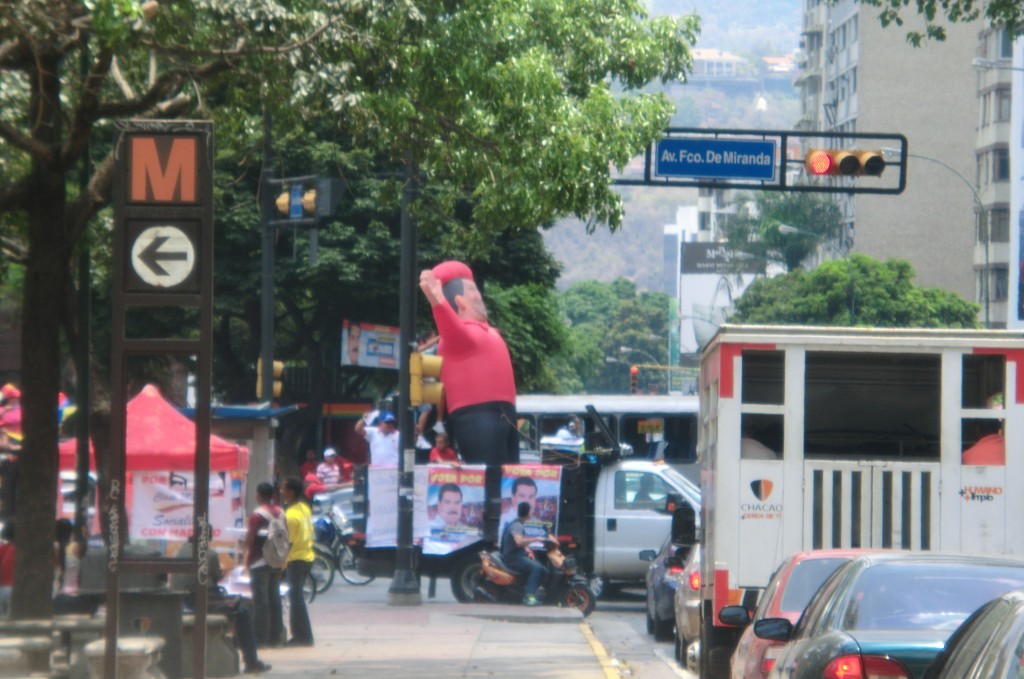As the world remembers former Israeli prime minister Ariel Sharon, who died today at age 85, I write this morning for The New Republic that his most enduring legacy is the emergence of Hezbollah, the Shiite Lebanese militia: ![]()
![]()
By occupying southern Lebanon, a region that even today remains less economically developed than the rest of the country, Israel inadvertently pushed Lebanon’s Shiite population toward the radical leadership that Hezbollah embodied. Had Israel not done so, Nabih Berri, a relative moderate who’s served as the speaker of Lebanon’s parliament since 1992, might today be the dominant spokesman for the Shiite Lebanese population instead of Nasrallah, and Berri’s Amal Movement might be the dominant Shiite Lebanese political force, not Hezbollah. As Labor Israeli prime minister Yitzhak Rabin succinctly put it in the years before his own assassination, Israel’s 1982 occupation “let the genie out of the bottle.” Israel’s invasion spawned an 18-year occupation that allowed Hezbollah to transcend its role representing the Shiite Lebanese community into a force fighting for the sovereignty of the Lebanese state, cheered by Israel’s enemies from Damascus to Tehran.
It’s not an argument that is necessarily pro-Sharon or anti-Sharon, though he was a polarizing figure in life and promises to continue to be so in death. But I argue that Sharon, even in a coma, outlived most of the accomplishments of his premiership, and his military exploits (or crimes) will fade, leaving his decision in 1982 as Israel’s defense minister to invade Lebanon — and its direct influence on empowering Hezbollah — as the most significant, if unintentional, ‘accomplishment’ of his career. After all, Hezbollah today remains a key player in regional politics — it is a vital actor in internal Lebanese affairs and the Syrian civil war, and it significantly affects Palestinian relations with Israel and Iran-Israeli relations.
Photo credit to AP/Hussein Malla.

